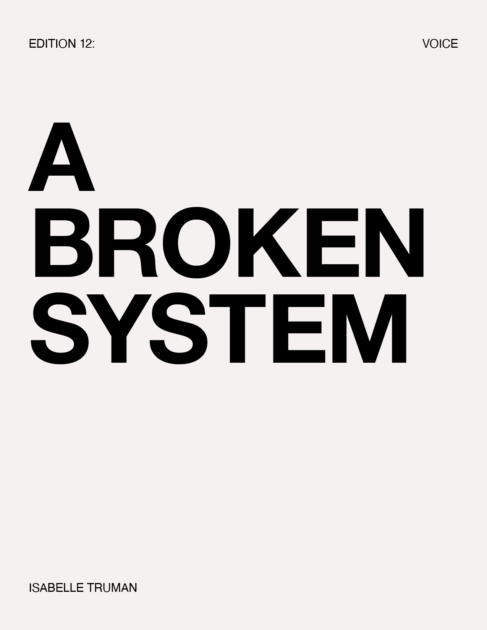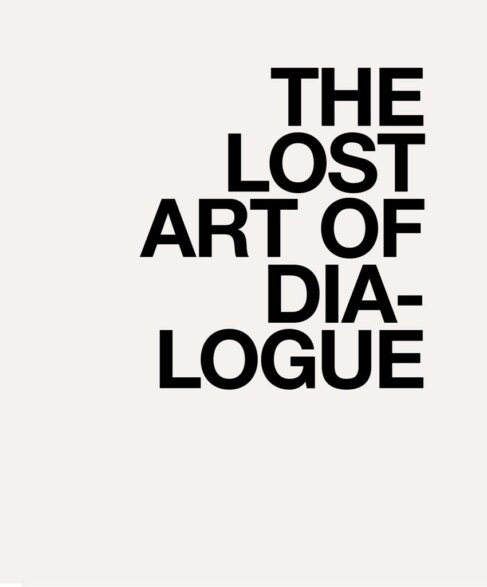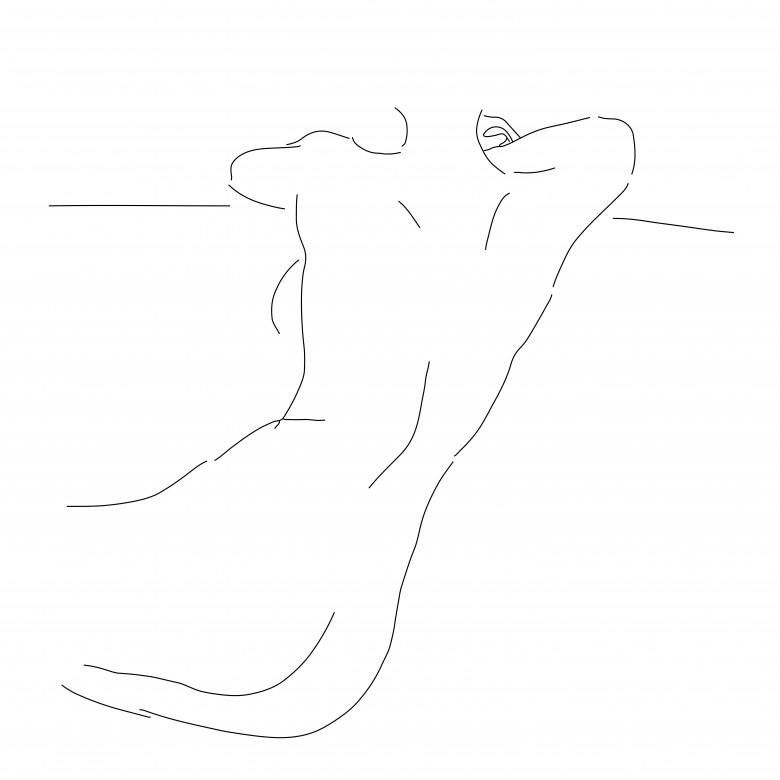
The Space Between Us (I hope you swipe what you’re looking for) by Noelle Faulkner
WRITTEN BY: Noelle Faulkner
ARTWORK BY: Sage Rider
“The touch of a foot in the night is sincere.” – Eileen Myles
The air is sticky, weighty, warm. You close your eyes and electricity buzzes throughout your veins, pulsating in your chest and neck, making the skin hum, toes curl and the fingertips quiver. Gravity and time become irrelevant as the theory of relativity steps in and the clock slows down. Breath. Murmurs. Slight of hand. The beat of hearts. An exchange of Chi. The atmosphere falls around you as if the earth has opened up and devoured itself.
Quantum entanglement, where two particles connect across space; object permanence, the knowledge that the unseen continues to exist; define rapturous connection how you will, but intimacy is a heady, heady elixir. This feeling will glue itself to you, and if you’re lucky (or not), it will haunt your heart at sunrise and your central nervous system in the dead of the night, pleading for a reprise.
If love is a blanket of darkness that, despite dilated pupils, constricts our sight into a single-track tunnel, floods our brains with stress hormones and turns us into a dizzy mess of preoccupation and restlessness; then intimacy is the light switch. You can’t have the former without the latter and you can’t have the latter without the phosphorous-loaded tip of desire.
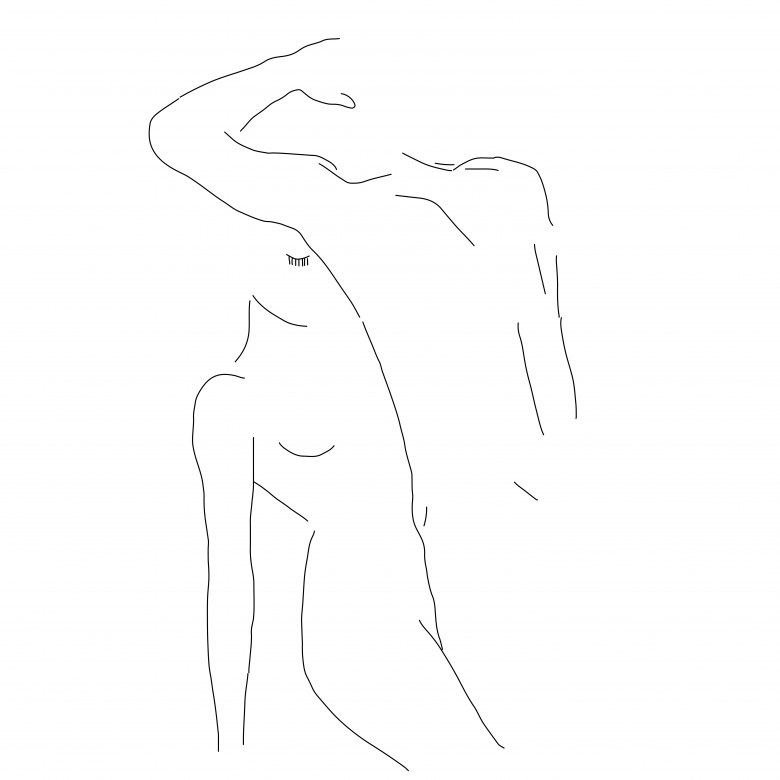
Intimacy also can’t grow alone, it has fertilizers in the form of sunsets, street lamps, twilight reflections, slow-motion eyelash flutters, heavy breaths, touch and goosebumps. It has alcohol and long summer nights. It has night-blooming jasmine. It has fluffy blankets and the crackling of a fire. Most of all, it has secrets. All the secrets that your temporal lobe can hold. Secrets that will replay with the pang of memory, again and again, particularly when loneliness comes knocking.
Charles Darwin, after studying various forms of affection around the world, from kissing to the rubbing of noses, concluded that the “desire to receive pleasure from close contact with a beloved person” is not only universal, but instinctive, concluding that our immense hunger for supreme, intense connections is a primal one.
So why, then, as millennials, have we lost our appetite? We crave cheap, fast food the second a home-cooked meal is placed in front of us. We hedge our bets with backup lovers, ghost the disposables, keep bodies on the bench and play card games with hearts. It’s as if with increased connectivity, we’re making sure we don’t connect, and certainly making sure we don’t fall in love. Alas, if you do accidentally do catch a feel, offseting those preoccupations with another body can be done with the flick of an opposable thumb.
Research has shown that thanks to this inherent need to swap real-life meaningful feels for screen-lit cheap thrills, we’re becoming lonelier than ever. Almost daily we’re met with new findings showing the damage surface-level validation-led apps are doing to our mental health, self-worth and security within relationships. Statistics prove that the thousands (literally) of apps developed to aid closeness are actually driving us apart, mostly due to a “hit-me, hit-me, hit-me, win!” gambling and reward-based design. Instead of money, we wager our egos with each swipe.
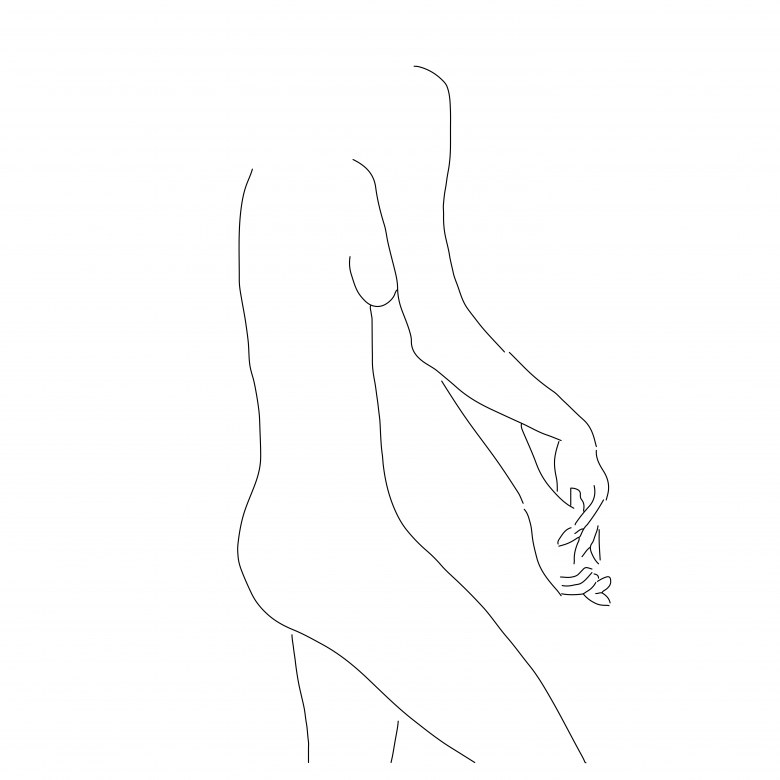
While the rise of hookup culture is one thing, fantasy-chasing 2.0 is the other. No longer relegated to porn or unattainable celebrity crushes, these perfect dream relationships are even more accessible. From relationships that only exist in our phone to new forms of artificial intelligence created solely to appease our apparent need for a companion –science is asking, do we even need a real-life partner if a machine do the work? Of course, it’s easier to be intimate with a fantasy, they’re perfect in every way, but we’re also entering an age where we can have the closeness without the collateral – so long as you remember to put your device on charge.
As we enter a new industrial era we can buy a product to make us feel loved or sift through bodies to make us feel wanted, the devaluation of intimacy might just be evolution in action. Maybe monogamy isn’t actually natural or necessary and virtual affection will satisfy just fine. Perhaps fantasy is more powerful than flesh. But, then, wouldn’t you just rather something to hold?
